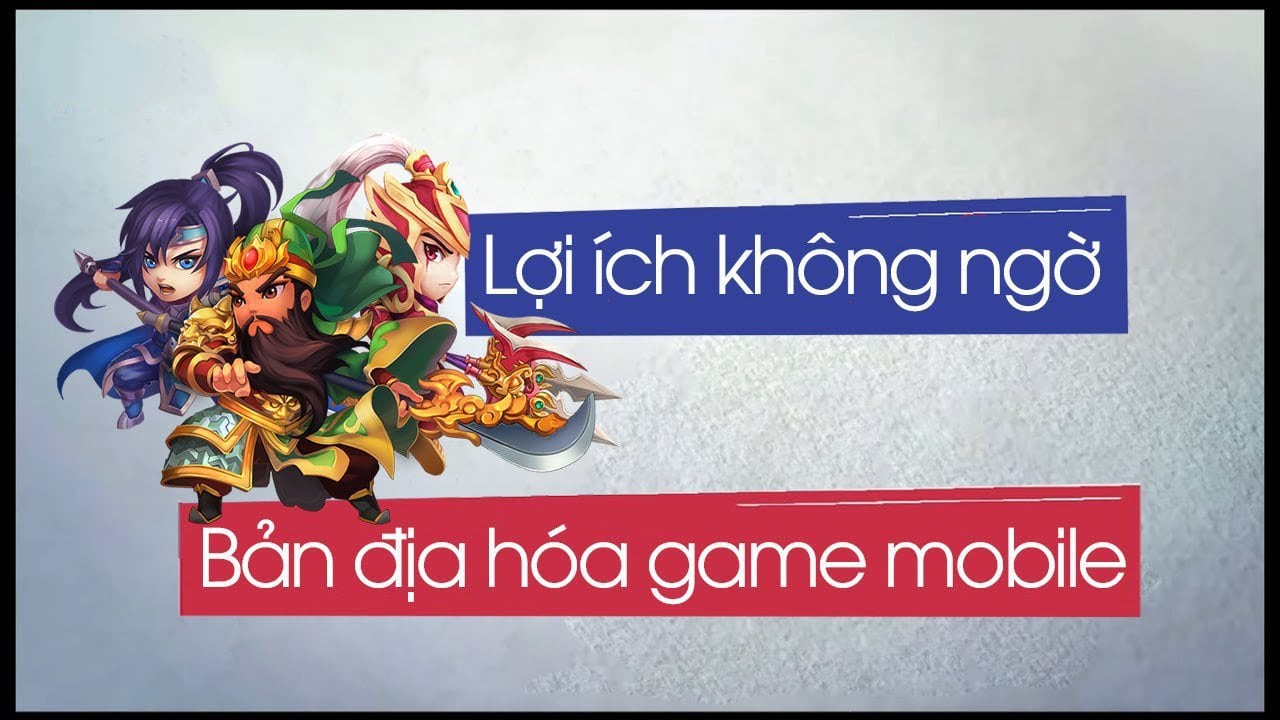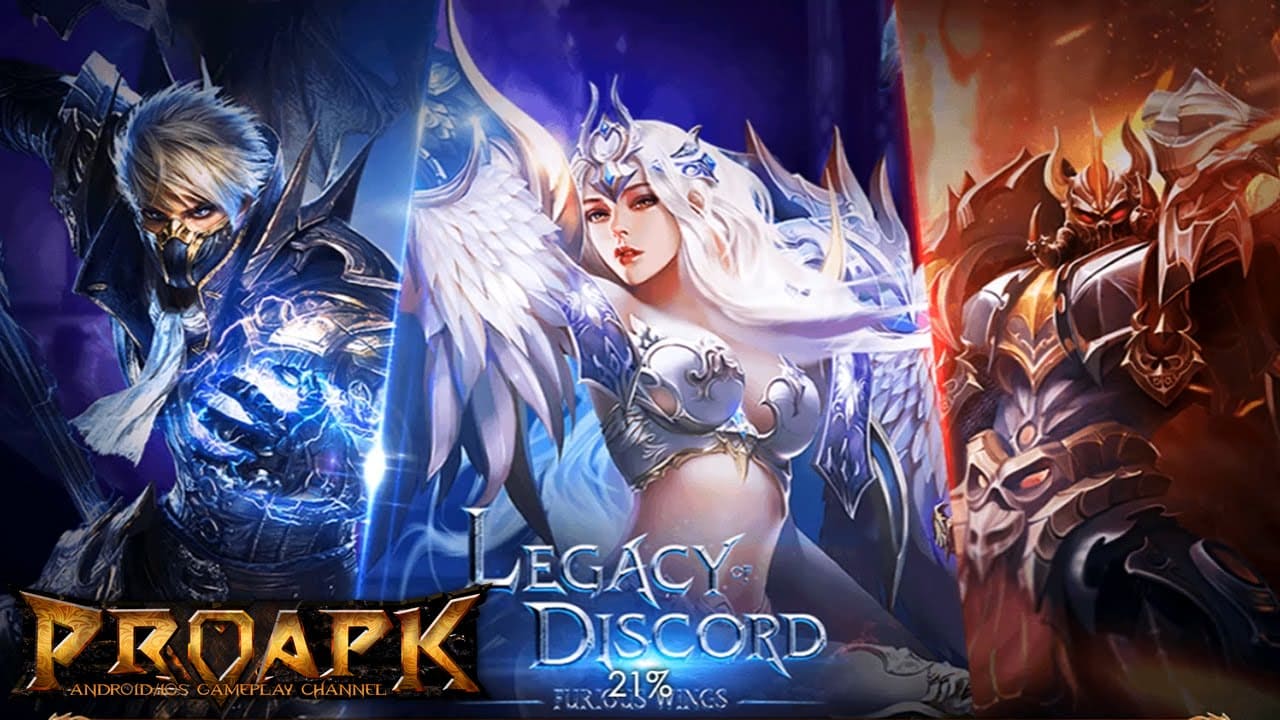All games have a certain cultural background. A game based on a specific culture may be able to be adapted to the linguistic and cultural customs of other regions through localization. Game localization is the process of customizing games according to the requirements of customers in different markets to fit the culture and language of that market. Localization is definitely the most effective way to tap into the global market and reach out to more players.
A large number of users do not download games unless the game is available in their native language. The advantages of game localization are revealed through the article below!
Increase Revenue
You – An excellent programmer developing a game and releasing it soon. You calculate that the price for each download is 1 USD. Currently there are about 7,5 billion people living on earth. Of course, not everyone plays the game. If 50.000 customers download your game, you will become very rich. However, you may not be able to reach that number of customers.
A game in English will only reach 27% of the market, and if you wanted to conquer the entire market, which language would you choose? This depends on the game and platform. You can translate the game into Simplified Chinese and Japanese. Or translate it into Spanish and Brazilian Portuguese. Possibly Russian and Turkish. You can increase your market share through game localization and reach a larger market.

>>> See more: The Importance of Video Game Translation
Increase Downloads
To increase sales, you need to increase downloads. Therefore, you need to expand your target market to increase downloads. Game localization helps you achieve this goal. In other words, to reach globally, it must reach out to each country.
Make Players Feel Valuable
Localization is a simple way to increase user satisfaction. The multilingual gaming interface will make your users feel like your game was made just for them. Localization can eliminate player confusion about the game's plot and controls. This helps to establish a special connection between the developer and the user.

>>> See more: Professional Video Game Translation
Helping You Stand Out In Fierce Competition Cạnh
There are generally two ways to localize. The first is to be proactive, to make strategic decisions, and to be able to predict what will happen. In this case, you select the countries and languages that you want to localize.
The second method is to react according to player feedback.
Combining both methods gives your game the edge in the fiercely competitive market.
Help Take Control of Your Game
Localization is one way to avoid having “other” translations or revisions due to copyright infringement. As a localization and translation developer, it's easier for you to control the quality of your game's translations.
If you plan to localize, don't schedule it in the final stages of development, but use a professional localization agency and localize it as part of the project. This can save you time and money rather than changing the text and translating it after the game is complete. If one language can have a great influence, imagine the influence of many different languages.

>>> See more: 11 Localization Basics You Need to Know
Guaranteed Higher App Store Ranking
Users have the ability to influence your ratings. Language misunderstandings can lead to players writing negative reviews for the game. It takes a lot of time and effort to deal with this type of negative review feedback.
However, if the application is translated by a professional translator, the user will not encounter the aforementioned errors and will give positive feedback. Positive feedback from different countries will make the App Store pay more attention to your product. This will result in your app being more visible in App Store searches, thereby acquiring more customers.

Nguyen Trung Khang - Talented interpreter and translator, passionate about translation
Nguyen Trung Khang is a talented interpreter and translator, with many years of experience in the field of translation and linguistics. He graduated from Ho Chi Minh City University of Education, majoring in Linguistics in 2015.
After graduating, Mr. Khang participated in a professional interpretation and interpretation training course at the University of Foreign Languages - Hanoi National University. He achieved a high-level certificate in interpreting and interpreting, and was also awarded a master's degree in linguistics.